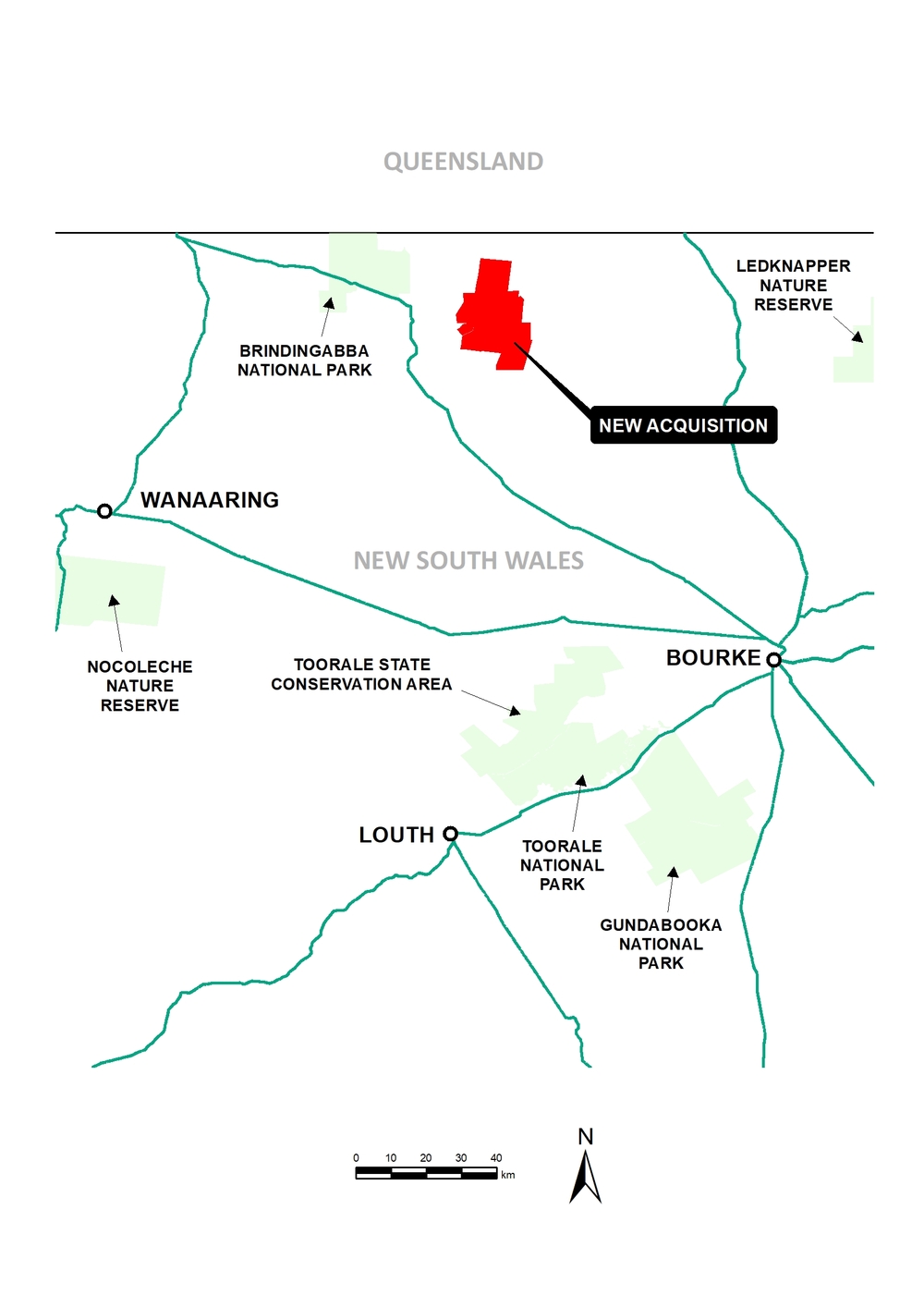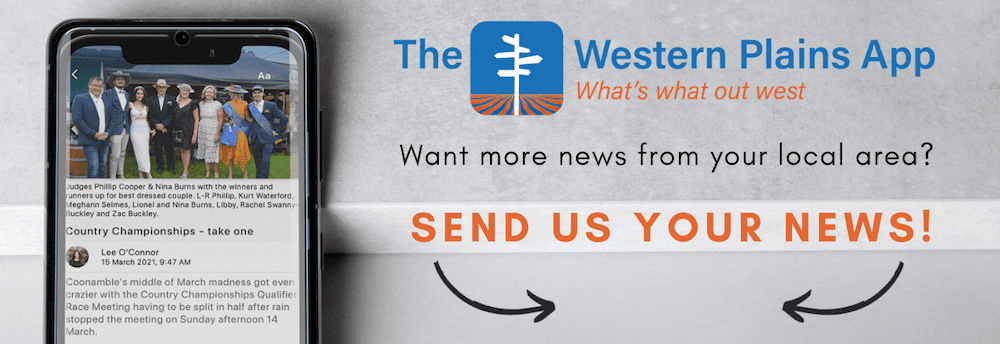Another National Park as Bourke stations at Comeroo sell
Laura Williams
31 July 2023, 7:40 AM
 The land is home to vulnerable landscapes and species. (Supplied)
The land is home to vulnerable landscapes and species. (Supplied)Three stations northwest of Bourke have been acquired by the NSW Government to conserve endangered ecological communities and threatened species, adding a further 37,000 hectares to their National Parks portfolio.
The sale of Comeroo, Muttawary and Maranoa stations (known collectively as Comeroo) joins a long list of pastoral properties that have recently been sold to the NSW Government to become National Parks, including the nearby Brindingabba National Park, formerly Brindingabba Station, and Thurloo Downs, which was the largest acquisition in NSW national parks history.
Comeroo is a diverse habitat, including the Yantabulla Swamp, which hosts thousands of internationally protected migratory shorebirds.
The Coolibah-Black Box woodland, Brigalow-Gidgee woodland/shrubland and critically endangered artesian springs also make the list of ecological communities that the government is seeking to protect, as well as 13 known threatened species.

Properties nearby Comeroo have also recently been acquired to become National Parks. (Supplied)
"The property is in the Mulga Lands bioregion, which has some of the lowest levels of protection in New South Wales,” said Global senior Advisor of The Nature Conservancy James Fitzsimmons - which assisted with funding the purchase.
"These types of partnerships will be critical to achieving large-scale protection outcomes and meeting Australia's commitment to protecting 30% of land, freshwaters, and ocean ecosystems by 2030."
The investment by the government continues the initiative of the former Liberal-National government to expand National Parks holdings by 400,000 hectares, a goal they doubled once they hit their target almost a year early.
Despite being claimed a win for conservation, Member for Barwon Roy Butler said that the sale could present many issues.
“...Such as the loss of rates to the local Bourke Shire Council, which already struggles…creating a new National Park also takes the potential money generated by productive land out of the local economy,” Mr Butler said.
“Ideally the park could generate increased tourism, but in the past promises to develop National Parks as tourist destinations have rarely ever come to fruition, effectively leaving land badly maintained, overrun with pest species, locked away from any productive uses or from the public,” he said.
Labor made a pre-election commitment to fund 100 new National Parks pest and weed officers, however at the time of publication, the positions are yet to be created.




